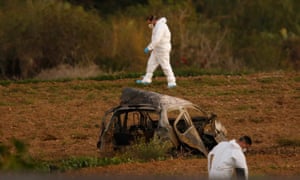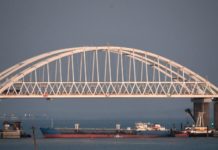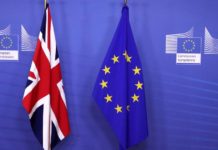Malta car bomb kills Panama Papers journalist
Juliette Garside
Daphne Caruana Galizia, a blogger whose investigations focused on corruption, was described as a ‘one-woman WikiLeaks’.
The journalist who led the Panama Papers investigation into corruption in Malta was killed on Monday in a car bomb near her home.
Daphne Caruana Galizia died on Monday afternoon when her car, a Peugeot 108, was destroyed by a powerful explosive device which blew the vehicle into several pieces and threw the debris into a nearby field.
A blogger whose posts often attracted more readers than the combined circulation of the country’s newspapers, Caruana Galizia was recently described by the Politico website as a “one-woman WikiLeaks”. Her blogs were a thorn in the side of both the establishment and underworld figures that hold sway in Europe’s smallest member state.
Her most recent revelations pointed the finger at Malta’s prime minister, Joseph Muscat, and two of his closest aides, connecting offshore companies linked to the three men with the sale of Maltese passports and payments from the government of Azerbaijan.
No group or individual has come forward to claim responsibility for the attack.
Malta’s president, Marie-Louise Coleiro Preca, called for calm. “In these moments, when the country is shocked by such a vicious attack, I call on everyone to measure their words, to not pass judgment and to show solidarity,” she said.
After a fraught general election this summer, commentators had been fearing a return to the political violence that scarred Malta during the 1980s.
In a statement, Muscat condemned the “barbaric attack”, saying he had asked police to reach out to other countries’ security services for help identifying the perpetrators.
“Everyone knows Ms Caruana Galizia was a harsh critic of mine,” said Muscat at a hastily convened press conference, “both politically and personally, but nobody can justify this barbaric act in any way”.
Muscat announced later in parliament that FBI officers were on their way to Malta to assist with the investigation, following his request for outside help from the US government.
The Nationalist party leader, Adrian Delia – himself the subject of negative stories by Caruana Galizia – claimed the killing was linked to her reporting. “A political murder took place today,” Delia said in a statement. “What happened today is not an ordinary killing. It is a consequence of the total collapse of the rule of law which has been going on for the past four years.”











